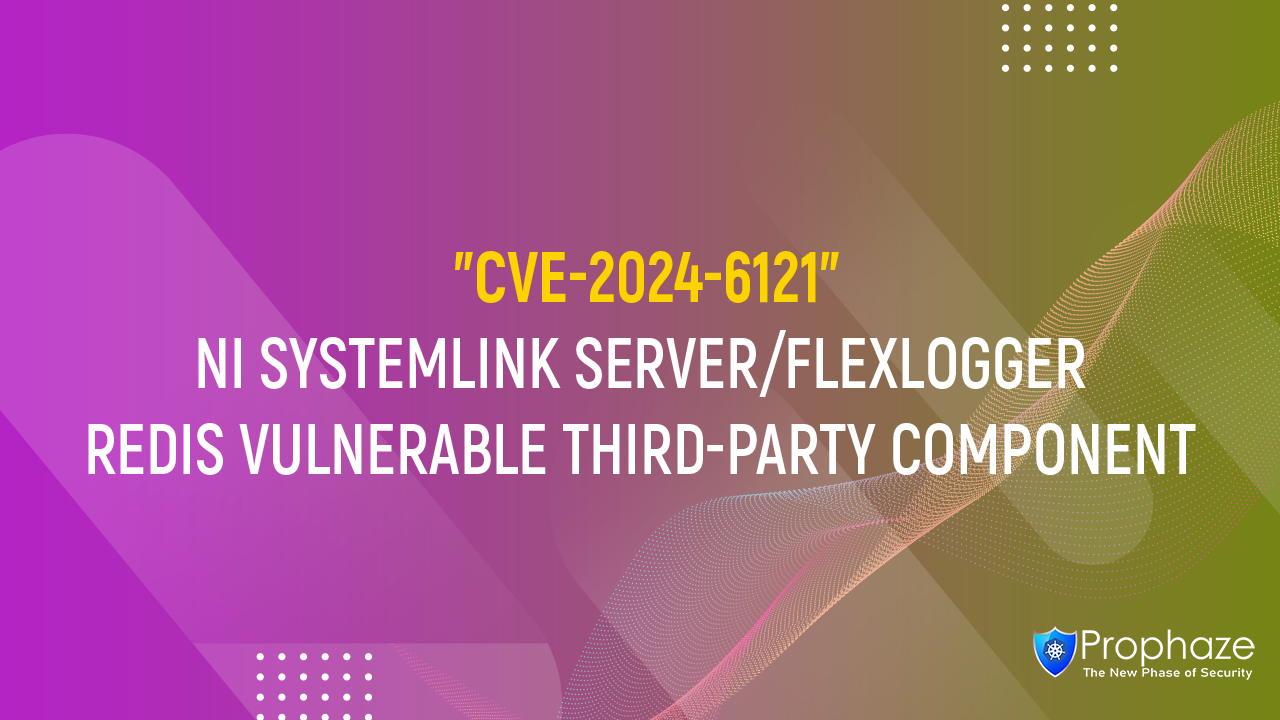Prophaze offers a wide range of cybersecurity solutions, including securing third-party API integrations. Helps to identify and mitigate potential security risks in their digital ecosystems. Prophaze can easily configure web applications and data from potential cybersecurity threats by implementing best practices and leveraging advanced security technologies.
Mitigating Potential Risk and Securing Third-Party API Integration
Third-party API integrations can expose to various security threats, including injection attacks, broken authentication, authorization, data breaches, denial of service attacks, and insufficient logging and monitoring. To secure its digital ecosystems, Prophaze can implement robust security controls and monitoring practices to mitigate potential risks.
Authentication and Authorization:
Ensure that the third-party API requires authentication and that the authentication mechanism is secure. Also, verify that the API grants access only to the data and resources that your application need. Prophaze minimizes the attack surface and reduces the risk of unauthorized access.
Data Encryption:
To protect against eavesdropping and data interception, ensure that data exchanged between your application and the third-party API is encrypted using secure protocols like SSL/TLS.
Input Validation:
Validate all input received from the API to ensure it conforms to expected data types, formats, and limits. Prophaze helps to protect your application against attacks like injection attacks and buffer overflows.
Error Handling:
Prophaze ensure that the API returns clear error messages and that your application handles them appropriately to prevent information leakage and potential exploits.
Monitoring and Logging:
Monitor API usage and maintain logs of all API transactions. This practice can help you to detect any security issues and provide audit trails easily within minutes.
Keeping API Up-to-Date:
Make sure to keep the API up-to-date with the latest security patches and updates that help to easily configure the attacks.
Prophaze's Comprehensive Security Solution
Prophaze offers a comprehensive security solution to help organizations identify and mitigate security risks in third-party API integrations. Provides detailed reports on vulnerabilities and risks, API traffic monitoring in real-time, and vulnerability scanning services.
Conclusion
Prophaze can help organizations by ensuring the security and integrity of their third-party API integrations. With Prophaze’s expertise and cutting-edge technology, organizations can enjoy the benefits of third-party API integrations while minimizing the risks.









